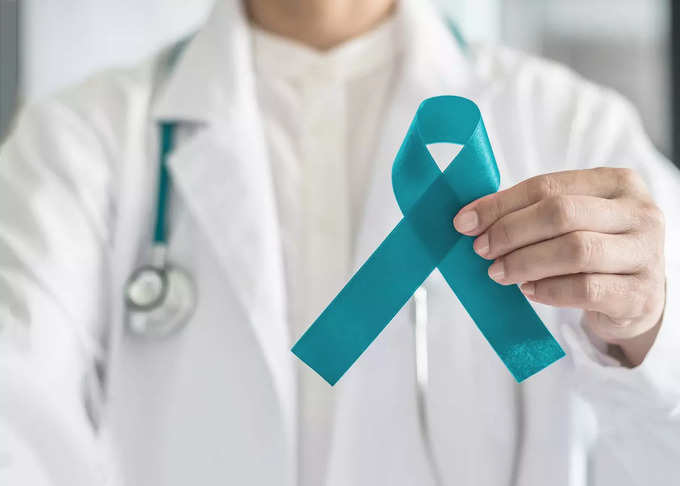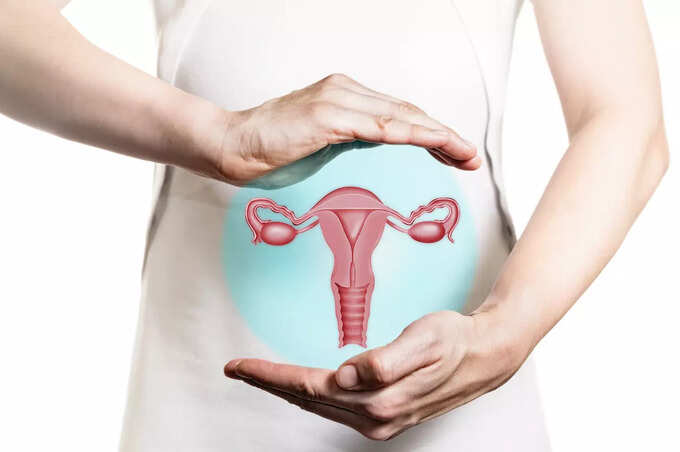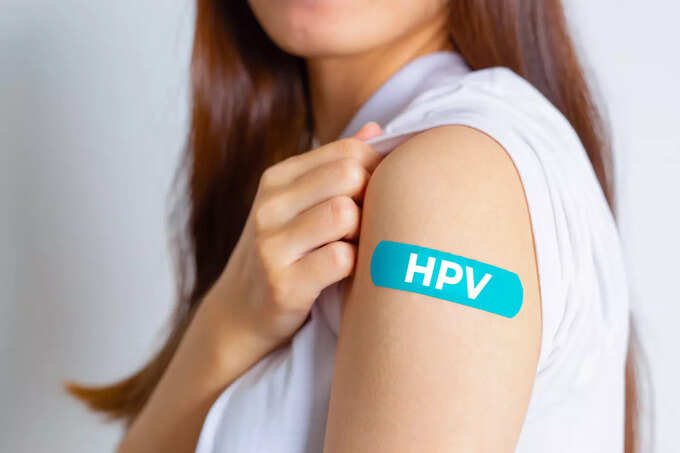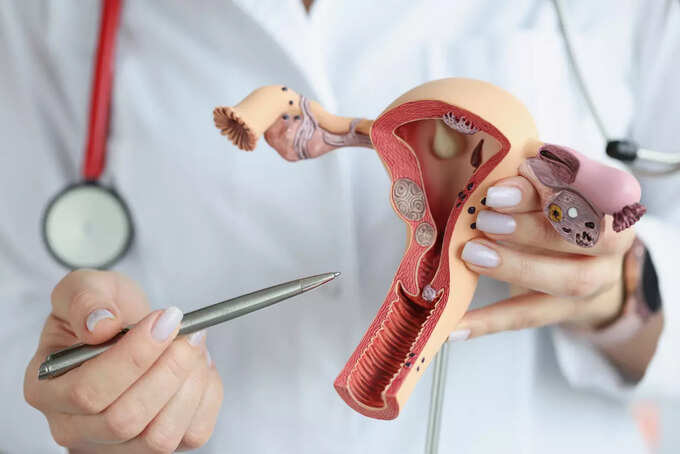Characteristics:

Stage I cervical cancer does not show any symptoms.
Symptoms of advanced cervical cancer:
Vaginal bleeding after intercourse, between periods, after menopause
Foul-smelling watery, bloody vaginal discharge
Pelvic pain, pain during intercourse
Also Read: Healthy Foods: If you eat these on an empty stomach, you will lose weight…
Reasons:

Cervical cancer begins when healthy cells in the cervix develop changes (mutations) in their DNA. Healthy cells grow at a fixed rate. They will die in a short time. Accumulated abnormal cells form a tumor. Cancer cells invade nearby tissues. Break away from the tumor to spread elsewhere in the body.
It is not clear what causes cervical cancer, but HPV may play a role. HPV is very common. Not everyone who has this virus gets cancer. Cervical cancer is caused by lifestyle and other factors.
Types of cervical cancer:

The type of cervical cancer can help determine your prognosis and treatment.
Types of cervical cancer:
Squamous cell carcinoma
This cervical cancer starts as squamous cells in the thin, flat cells that line the outside of the cervix. It enters the vagina. Most cervical cancers are squamous cell carcinomas.
Adenocarcinoma. .
This cervical cancer starts in columnar glandular cells.
Also Read: Diabetes Risk: The main causes of diabetes..
Treatment..

To reduce the risk of cervical cancer:
There is an HPV vaccine. Ask your doctor about this. Getting the vaccine to prevent HPV infection can reduce the risk of cervical cancer and other HPV-related cancers.
Depending on the type and severity of the cancer, the doctor who examined you will prescribe the treatment.
Also Read : Soaked Dry fruits : If you soak these and eat them in the morning, you will lose weight and it is good for your heart..
Precautions to be taken..

It is better to have regular pap tests. Pap tests can detect early uterine problems. So they are essential to prevent cervical cancer. Medical organizations recommend that everyone over the age of 21 get regular Pap tests annually.
Safe sex and taking steps to prevent sexually transmitted infections can reduce your risk of cervical cancer.
Do not smoke. Smoking causes many problems. Hence it is better to stay away from it.
Similarly, it is advisable to follow a proper lifestyle with doctor’s advice while taking precautions from time to time. Do not forget to consult a doctor if there are any problems.
-Dr. Vipin Goel, Sr. Consultant and Laparoscopic Surgeon, Surgical Oncology, CARE Hospitals, Banjara Hills, Hyderabad, Ph: 040 61 65 65 65
Note: We have provided these details according to health experts and studies. This article is for your information only. For any minor health related problem the best way is to consult the doctors. Can observe.
Get the more information about health